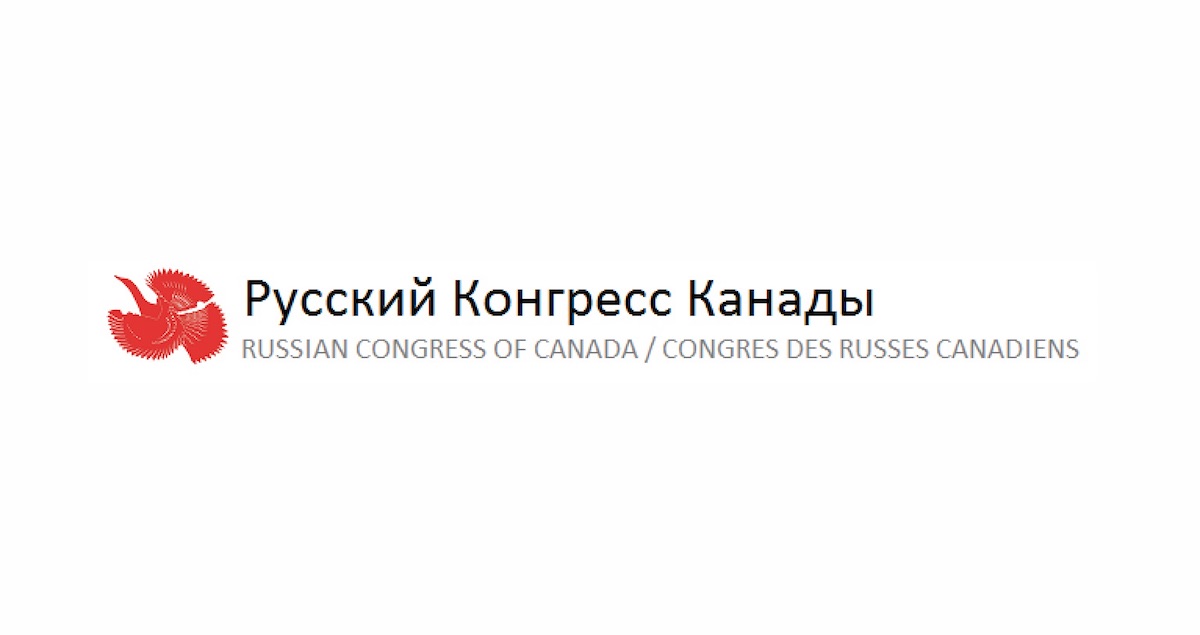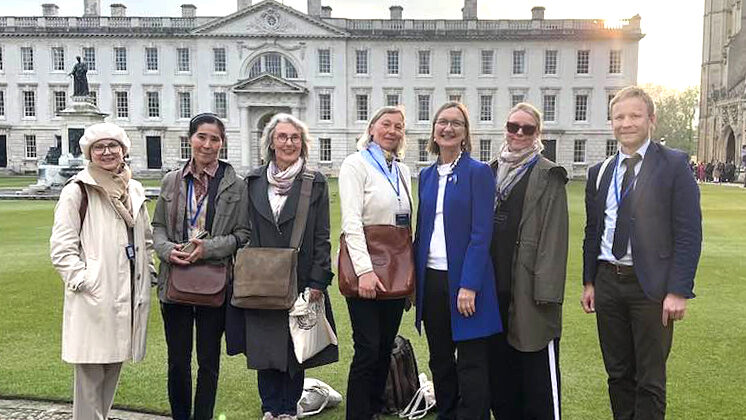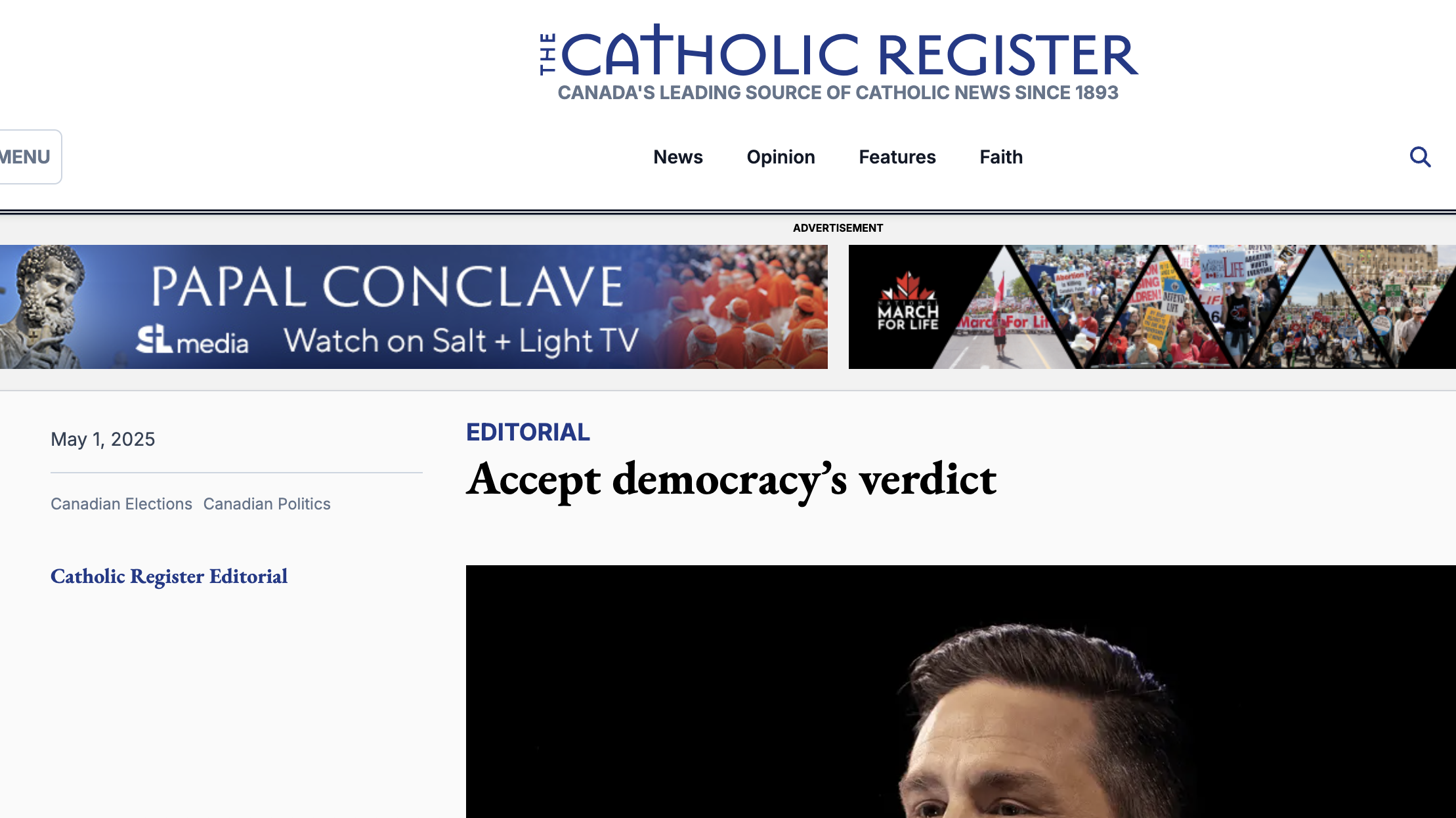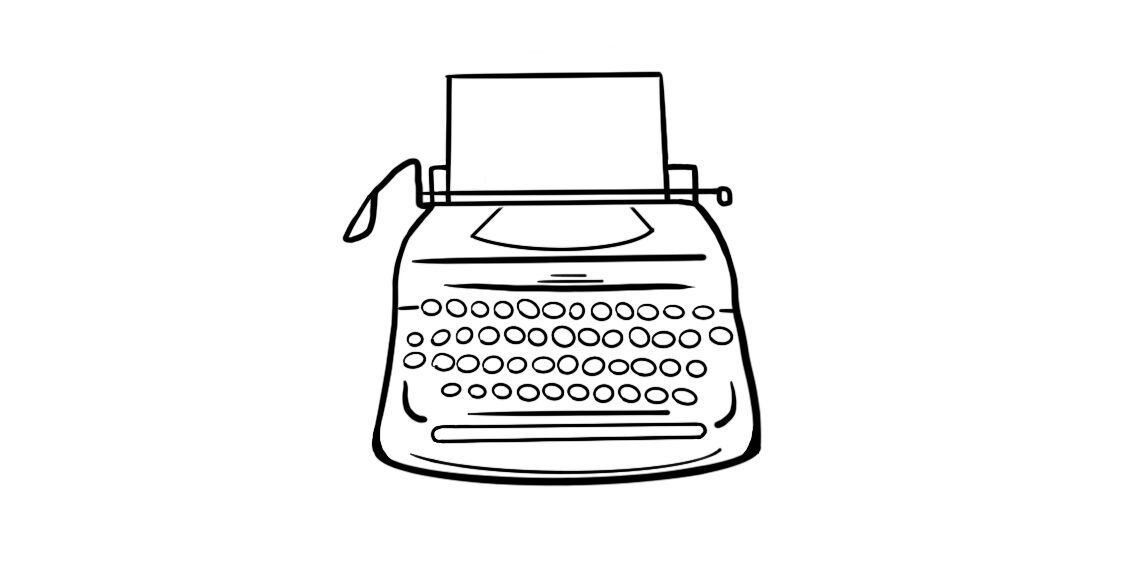Would a letter, sent to Justin Trudeau in March, containing the following, fit into any influence campaign corresponding to Moscow's ambitions internationally? “The Russian Congress of Canada would like to register its utmost concern with the appointment of Ms. Christia Freeland as Canada's Minister of Foreign Affairs. … It is a well-documented fact that Minister's Freeland (sic) maternal grandfather Mykhailo Kohmiak was a prominent Nazi collaborator, the editor-in-chief of the Nazi Newspaper Krakviski Visti. … Yet in Ms. Freeland's presentation, Mr. Kohmiak's efforts were “to return freedom and democracy to Ukraine”. … Freeland is well aware of the checkered history of the Ukrainian nationalist movement. … What strikes us is that Miniaster Freeland's best defence was a slanderous counter-attack on Russia and the Russian officials accused of disinformation. … It is truly unacceptable for hundreds of thousands of Russian Canadians to see as Minister of Foreign Affairs someone with openly biased Russophobic views. … We consider the Minister Freeland's radical views and the energy, with which she draws Canada into a fully avoidable confrontation with Russia, unfit for the position of the Minister of Foreign Affairs. Both Canada's national security and Canada's business interests are jeopardized for as long as this position is entrusted to someone who seem (sic) incapable of an impartial view of one of the world's most influential powers that also happens to be our largest neighbour.” (An ill-disguised threat?)
The Russian Congress of Canada had been, amongst other things, outraged by Freeland's statement to reporters earlier in March: “It is public knowledge that there have been efforts, as US intelligence forces have said, by Russia to destabilize the US political system. … I think that Canada and, indeed other Western countries should be prepared for similar efforts to be directed against us.”
The Russian Congress of Canada also distributes statements of others that dovetail elegantly with the general political stance of the Kremlin: “Why should Canadians care one way or another whether their government supports the Ukraine and sends arms and advisors there to strengthen the Ukrainian military forces? Well, the most important reason is that the present government in Kiev is illegitimate in spite of democratic appearances?” (Michael Carley, Canadian citizen, University of Montreal professor, known pro-Soviet, pro-Russian advocate.)
The Russian Congress covers other related areas in protesting to Ottawa: “We welcome the defeat of Bill C-360, an Act to establish a Crimean Tatar Deportation Memorial Day and to recognize the deportation of the Crimean Tatars in 1944 as an act of genocide.” A position neatly fitting Russian insistence that deportations were not inhumane and but rather necessitated by the circumstances of the times.
Besides some of the causes the Russian Congress of Canada has espoused, one is also reminded that the main community group organizing the annual May Victory Day celebrations in Toronto is the Congress – organizing public functions that are replete with Soviet flags and symbols. And other than the hammer and sicle the main symbol worn by everybody, dominating the gatherings was the St. George's Ribbon, that has become a symbol of unifying people backing Vladmiir Putin's politics, tying modern support for the State to the country's Soviet-era contribution to the defeat of fascism.
While the Russian Congress of Canada, in an open society that protects all human/civil rights, has the freedom of choice to protest any government position or action that doesn't denigrate or promote hatred towards other groups, it would still be legitimate to question the underlying motives for such activity. Are they sincere concerns spurred by a need for historical truth. Or, simply put, do the goals of the Russian Congress of Canada neatly fit into the grand scheme of Putin's Compatriot's Program? Next week.
Laas Leivat (To be cont'd.)




